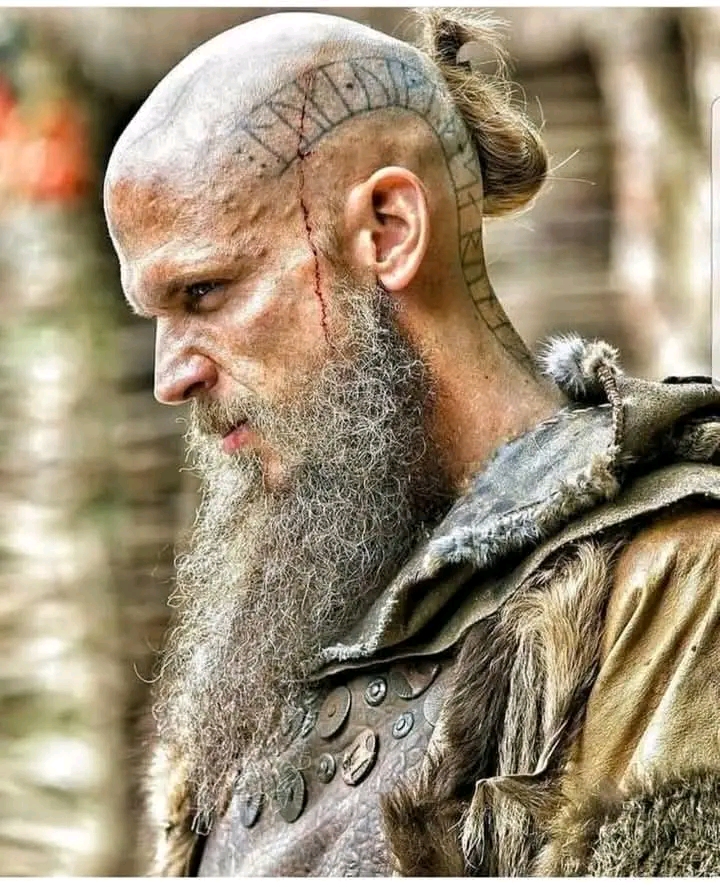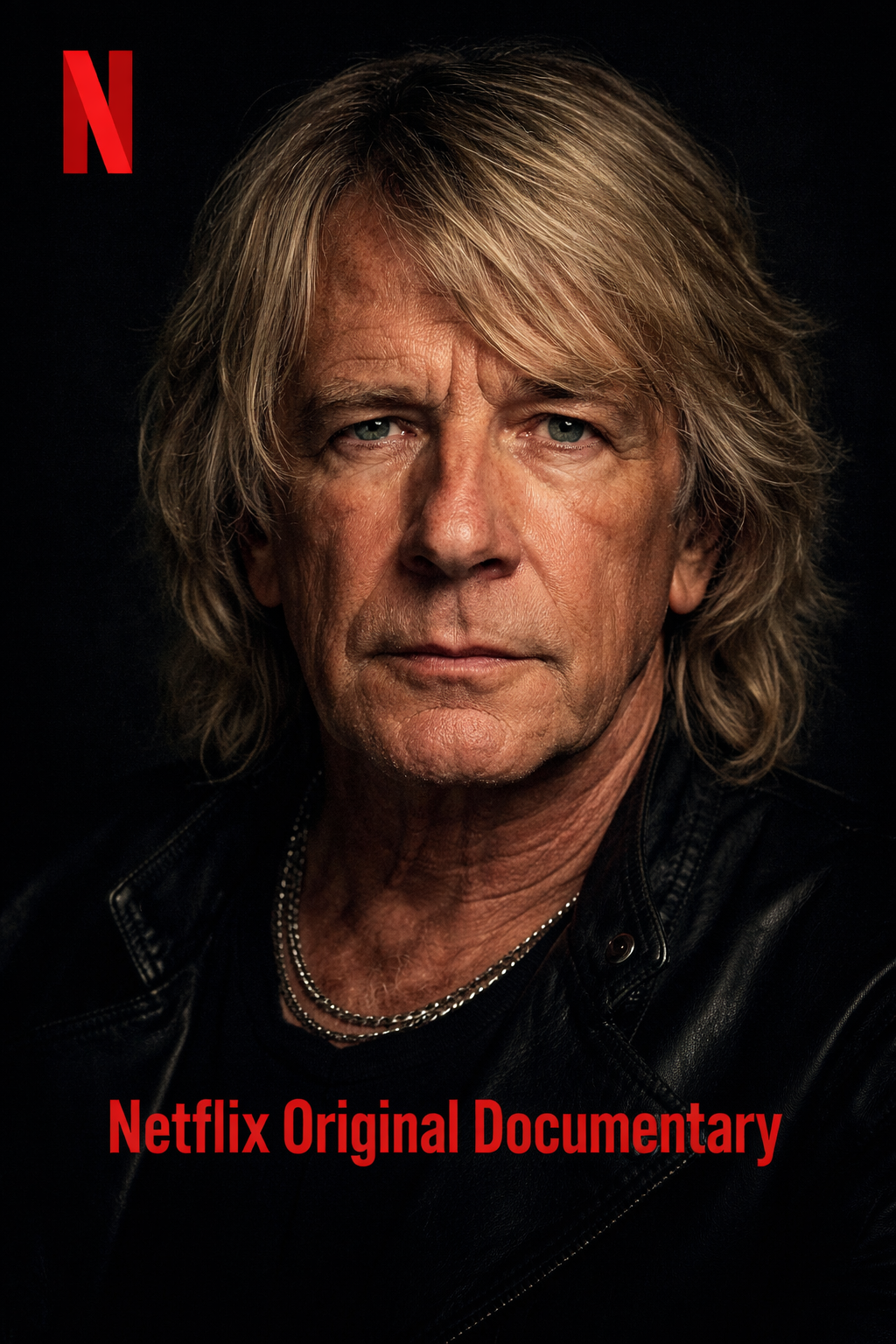Floki, one of the most complex and intriguing characters from Vikings, undergoes a captivating journey that explores themes of loyalty, faith, and identity. Introduced as Ragnar Lothbrok’s eccentric yet brilliant shipbuilder, Floki is integral to the Vikings’ exploration and raids, crafting the ships that allow them to travel to unknown lands. Yet beyond his skill lies a deeply spiritual and unpredictable man whose worldview is shaped as much by the gods he worships as by the humans he struggles to understand.
From the very beginning, Floki is portrayed as a devout believer in the old Norse gods, particularly Loki, after whom he is presumably named. His connection to the gods is not merely symbolic; he often claims to receive signs and guidance from them, interpreting natural events and inner visions as divine messages. This fervent faith sets him apart even from other pagan Vikings, including Ragnar, whose growing curiosity about Christianity and foreign cultures creates a rift between the two friends.
Floki’s relationship with Ragnar is central to his character development. In the early seasons, Floki is Ragnar’s confidant, staunch supporter, and an essential figure in the building of Kattegat’s rise. He crafts the first ship that carries the Vikings westward to England, enabling the very foundation of Ragnar’s legacy. However, as Ragnar evolves, questioning old beliefs and forging alliances with Christians, Floki views these actions as betrayals—not only to their culture but to the gods themselves.
This perceived betrayal reaches its climax when Floki kills Athelstan, the Christian monk who had become Ragnar’s close friend and spiritual confidant. The murder is one of the most controversial and emotionally charged moments in the series. For Floki, Athelstan embodies everything that threatens the old ways. For Ragnar, Athelstan represents a bridge between worlds. Floki’s act is not merely a personal crime but a symbol of ideological warfare, one that fractures his bond with Ragnar beyond repair.
Following Athelstan’s death, Floki undergoes a slow unraveling. Though he believes he acted on divine command, he faces punishment and ostracization. His punishment at Ragnar’s hands—being locked in a cave with water dripping on his head—is both physically and psychologically torturous. This period marks the beginning of Floki’s internal conflict, as he begins to question whether the gods truly guide him or whether he has been deceiving himself all along.
Floki’s descent into spiritual and emotional turmoil deepens with the death of his wife Helga and the grief that follows. Helga, one of the few people who truly understood and accepted Floki, serves as his moral compass and emotional anchor. Her death during their journey to the Middle East, as part of an ill-fated expedition, leaves Floki shattered and adrift. His grief transforms into a desire to escape the world he once helped shape.
Seeking purpose, Floki sails alone to what he believes to be Asgard, the land of the gods, but which turns out to be Iceland. There, he embarks on a new mission: to build a pure settlement, free from violence, lies, and the corruption of ambition. This settlement becomes a social experiment where Floki attempts to recreate a version of the world guided by divine will and community harmony. Yet, human nature proves resistant to idealism.
The Icelandic colony, instead of becoming a utopia, devolves into internal strife, betrayal, and murder. Floki’s disillusionment grows as he watches people bring the same conflicts and desires that plagued their previous lives into this supposedly sacred space. His despair reaches its peak when he discovers a Christian cross inside a cave he believed to be sacred, symbolizing the inescapable clash between his faith and the encroaching world.
Floki’s journey in Iceland mirrors his broader spiritual journey: a quest for purity, divine approval, and meaning in a chaotic and changing world. He becomes a tragic figure, a man unable to reconcile his ideals with reality. The gods he once trusted seem silent, and the people he hoped to guide fall into the same patterns of division and cruelty.
Despite his many flaws—jealousy, fanaticism, impulsive violence—Floki remains a deeply human character. His yearning for spiritual truth, his need for belonging, and his desire to protect what he believes is sacred make him relatable, even when his actions are morally ambiguous. His contradictions are what make him fascinating: he is both a visionary and a madman, a prophet and a pariah.
By the end of the series, Floki’s fate is left somewhat ambiguous, though he returns in the spin-off Vikings: Valhalla, older and more at peace. His arc represents a cycle of belief, betrayal, loss, and, ultimately, a kind of acceptance. He does not conquer his demons, but he learns to live with them. He no longer seeks to impose his vision on the world but to find a small place within it.
Floki’s story is emblematic of the broader themes of Vikings—the collision between old and new, the cost of faith, and the complexities of human loyalty. While he may not be the hero of the saga, Floki is its spiritual conscience, always wrestling with the unseen forces that shape destiny. Through his eyes, we see the pain of transformation and the enduring struggle to remain true to oneself in a world that refuses to stay the same.

